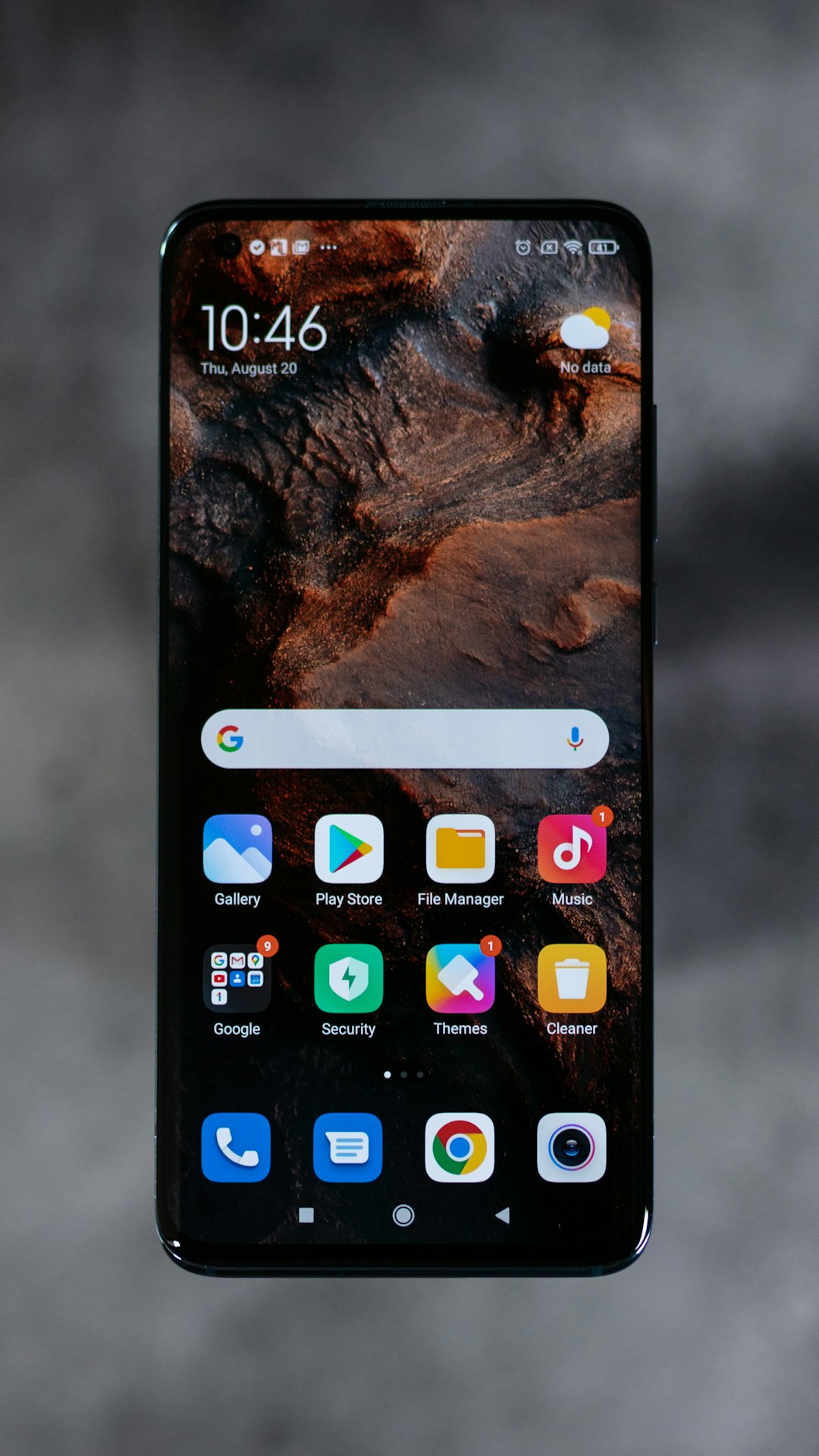The Do Not Text Laws in Kansas strictly prohibit text messaging, calls, and app usage while driving for novice drivers, with heavy fines and license points for violations. These laws aim to prevent distracted driving, especially among teens and young adults, as research shows texting while driving increases crash risk significantly. Enforcement focuses on promoting responsible technology use and maintaining full attention on the road to reduce accidents and foster a culture of safe driving.
In Kansas, strict ‘Do Not Text Laws’ aim to enhance road safety for novice drivers. This article delves into these regulations, exploring their impact on reducing wireless device distractions behind the wheel. We’ll examine how these laws are enforced and promote safer driving habits. Understanding these rules is crucial for new drivers and all road users, as we navigate the digital age responsibly, ensuring every journey is free from text-related dangers.
Understanding the Do Not Text Laws in Kansas

In Kansas, understanding and adhering to the Do Not Text Laws is paramount for novice drivers. These laws are designed to prevent distracted driving by prohibiting text messaging while behind the wheel. The state has implemented stringent regulations, making it illegal for all drivers, but especially those with learner’s permits or intermediate licenses, to send or read texts while operating a vehicle. Violations can result in hefty fines and points on their driver’s license.
Kansas’ Do Not Text Laws cover any form of electronic communication that diverts the driver’s attention from the road. This includes not just text messaging but also making or receiving calls, and using apps or other features on smartphones. Novice drivers are expected to focus entirely on driving, ensuring their safety and that of others on the road.
The Impact of Wireless Device Use on Novice Drivers

Novice drivers, especially those in their teens and early twenties, face unique challenges when it comes to managing wireless device use while behind the wheel. The Do Not Text Laws in Kansas have been implemented precisely because of the significant impact that technology can have on a driver’s attention and reaction time. Studies consistently show that texting while driving increases the risk of a crash by 23 times. With a novice driver, these risks escalate due to their lack of driving experience and maturity.
Wireless devices, when used while driving, divide a driver’s focus, resulting in slower reaction times. Even hands-free devices do not eliminate the cognitive load required to process visual, auditory, and manual tasks simultaneously. This is particularly dangerous for young drivers who are still developing these skills. The Kansas Do Not Text Laws aim to reduce accidents and fatalities by discouraging any form of wireless device use, ensuring that novice drivers can focus on the road and navigate safely.
Enforcing and Promoting Safety: What You Need to Know

Enforcing safety for novice drivers is a top priority, and that includes promoting responsible use of technology. In many states, including Kansas, there are strict ‘Do Not Text’ laws aimed at keeping new drivers safe while behind the wheel. These laws prohibit any wireless device usage, such as texting or making calls, to ensure their full attention remains on the road. Compliance with these regulations is crucial for both the driver’s well-being and legal avoidance of penalties.
For novice drivers, it’s essential to understand that even a brief moment of distraction from the task at hand can have severe consequences. Texting while driving delays reaction times, significantly increasing the risk of accidents. Therefore, adhering to ‘Do Not Text’ laws is not just a recommendation but a necessity. By respecting these regulations, young drivers can protect themselves and others on the road, fostering a culture of responsible driving.






